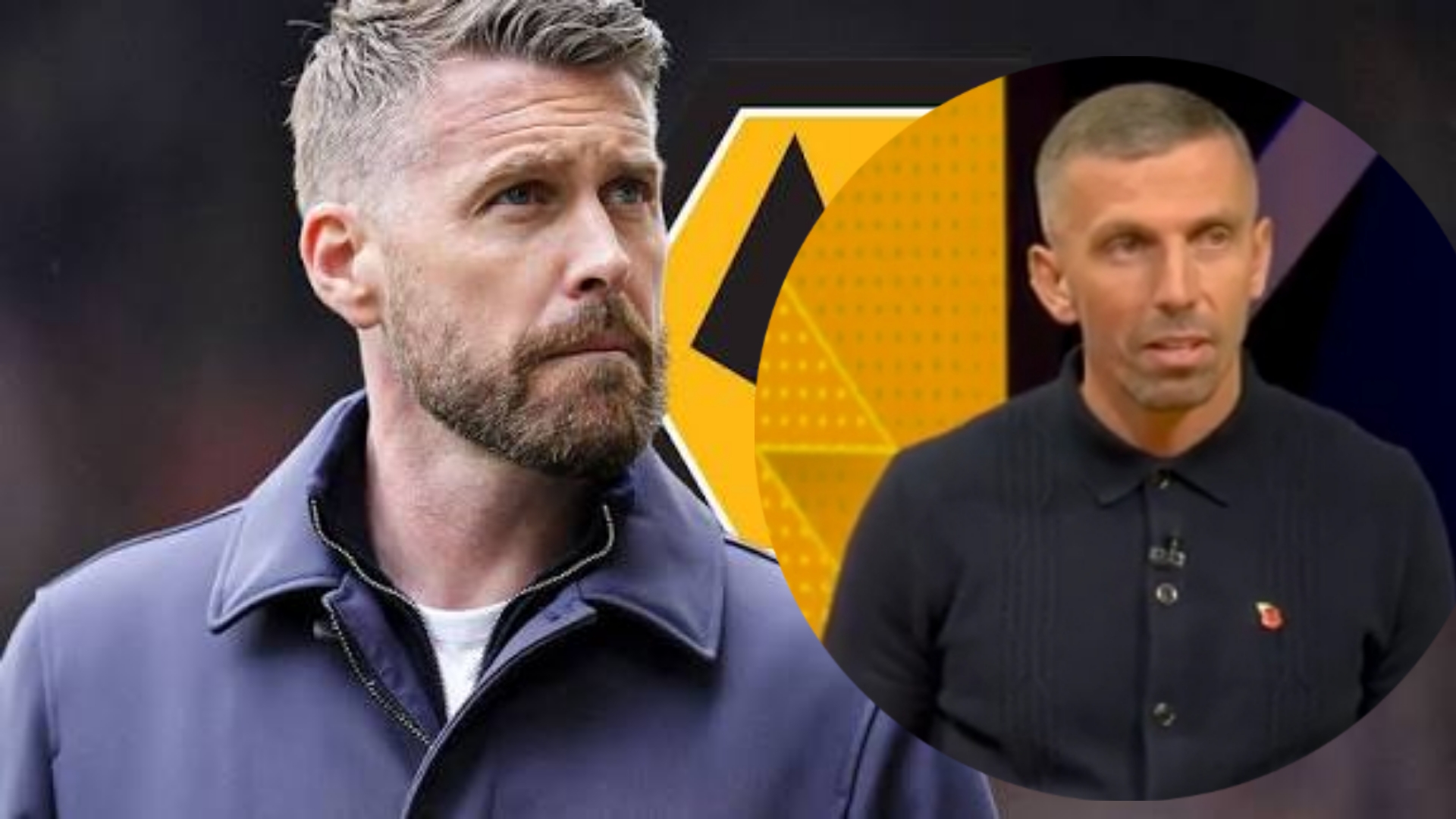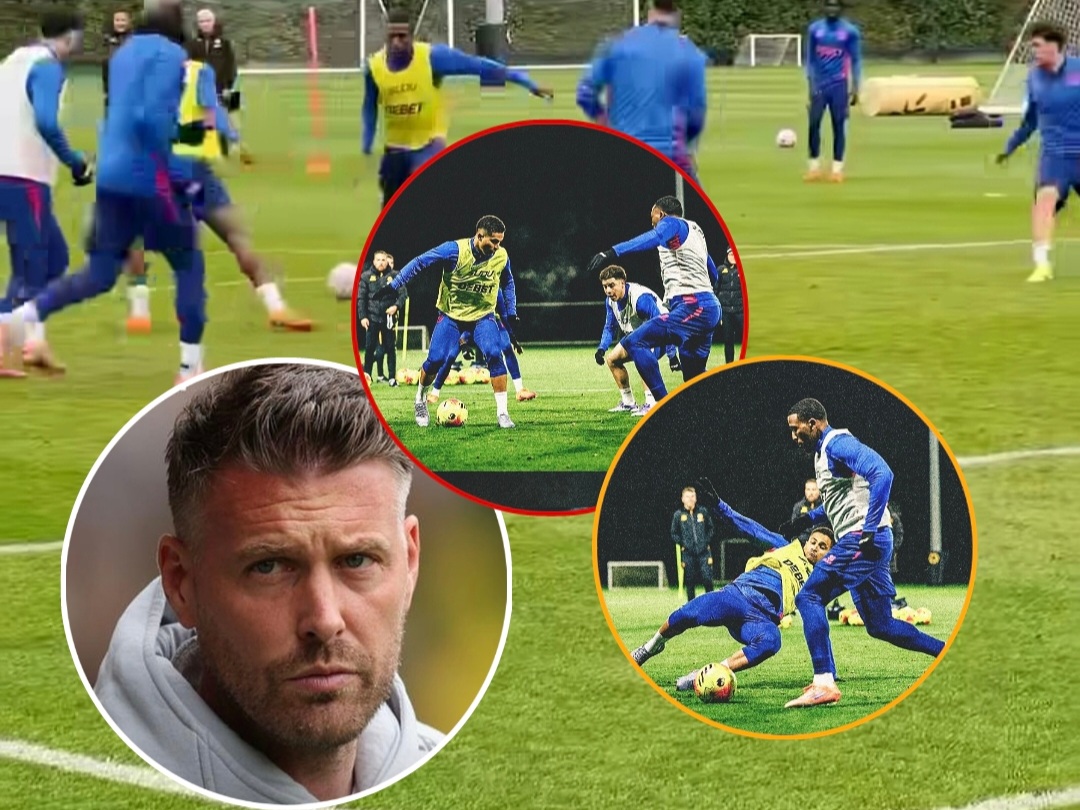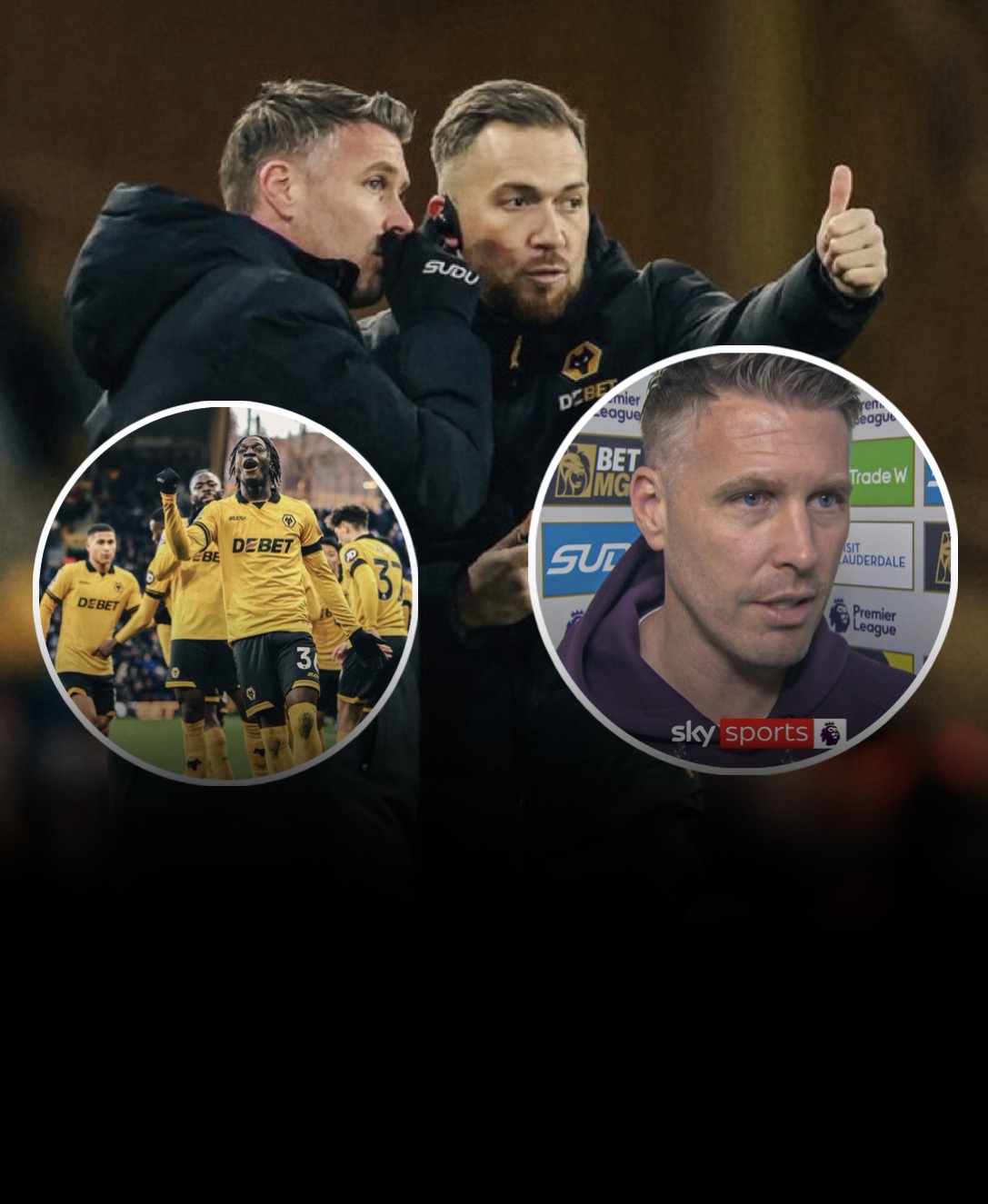GARY O’NEIL MAKES HIS FEELINGS CLEAR ON ROB EDWARDS AS WOLVES NEW HEAD COACH AND WHAT HE THINKS THE CLUB NEEDS TO DO
The story of Wolves’ managerial change has reached a pivotal moment. Having weighed up his return, Gary O’Neil has since publicly shared his insights — not just on the appointment of Rob Edwards, but on the deeper issues facing the club. At the same time, the club have announced that Rob Edwards has agreed a three‑and‑a‑half‑year contract with Wolverhampton Wanderers, following agreement on compensation with Middlesbrough F.C..
Against this backdrop, O’Neil’s critique and Edwards’ arrival together set the stage for a major reset at Molineux.
Rob Edwards Secures the Wolves Job
According to the report from Sky Sports:
Rob Edwards has agreed to a contract of three and a half years to become the next head coach of Wolves.
Middlesbrough stand to receive compensation in the region of £3‑4 million for allowing the move.
Edwards was granted permission to speak with Wolves after being stood down by Middlesbrough.
He has strong historical ties to Wolves, having made over 100 appearances as a player from 2004 to 2008, then later coaching within their youth and senior setup.
His arrival signals that Wolves are aiming for both continuity (in the sense of bringing someone with Wolves DNA) and change.
Gary O’Neil’s Take: A Clear Breakdown
Gary O’Neil, who had been in discussions to return to the Wolves job but ultimately withdrew, spoke candidly about what lies ahead. In his remarks to Sky Sports, he emphasised that:
Wolves are “in a transition period from the group that we had … it’s going to need a big reset.”
He pointed out that despite significant expenditure and backing of the previous manager (Vítor Pereira), Wolves’ current squad had not delivered results.
He asserted that Edwards would need to bring organisation and confidence to a squad of international players who haven’t yet found the results.
In short, O’Neil is telling the club, the fans and everybody involved: “Yes, a coach changes things—but so does everything around the coach.”
What Wolves Need to Do — In Light of O’Neil’s Views
Drawing from O’Neil’s reflections and the context of Edwards’ appointment, the following areas stand out as crucial for Wolves’ next phase:
1. Align squad, strategy and identity.
O’Neil suggests that Wolves currently have a mismatch: they have spent, they have recruited, but the players and the structure don’t yet match the identity the club needs. The incoming coach must inherit a squad whose personnel, recruitment and tactical approach align. Without this, the reset will struggle.
2. Stabilise and shore up defensive basics.
O’Neil’s commentary on big‑spending yet poor defensive outcomes indicates that the club’s fundamentals are weak: conceding goals, unstable back‑line, perhaps unclear roles. Wolves must prioritise defensive structure, set‑pieces and consistency.
3. Combine experience with young talent.
If O’Neil’s remark about the “group we had” means that the previous squad lacked sufficient experience or the right mix, then Wolves need to balance youth with hardened campaigners, to give Edwards a base of leadership and resilience.
4. Be realistic about timeline and scope.
O’Neil’s choice not to return signals that he considered the fit/timing not right. For Wolves this suggests: they should not expect immediate transformation overnight. A clear plan, patience, and alignment across club hierarchy will be needed.
5. Make the coaching appointment part of a larger reset—not the sole answer.
Edwards is the new head coach. He is an important piece. But unless the club supports the appointment with structural clarity, investment in the right people, and a coherent vision, the coach alone may struggle to reverse the direction.
What Edwards’ Appointment Means & How It Relates to O’Neil’s Message
Rob Edwards arriving with a three‑and‑a‑half‑year deal signals Wolves committing to a medium‐term project. The long contract suggests the club expect him to build rather than just patch. Meanwhile, O’Neil’s talk of reset dovetails exactly: the club are signalling they will give Edwards time—but that time needs to be used wisely.
Moreover, Edwards’ long association with Wolves (player and coach) gives him familiarity with the culture, which could accelerate the reset. But it also adds pressure: internal knowledge means expectations will be high for quick impact.
Final Thoughts
Gary O’Neil’s comments on Wolves go beyond the surface of appointing a new coach. They recognise the structural, strategic and squad issues that must be addressed if the club are to progress. Rob Edwards’ appointment is a significant step—but it isn’t the solution in isolation.
For Wolves, the next phase means aligning recruitment, fixing defensive foundations, giving Edwards clarity and time, and building an identity that matches the ambition. If Wolves succeed in these areas, then the reset may work. If not, the cycle of change may repeat.
In short: Wolves don’t just need a new coach—they need the right conditions for the new coach to succeed. And Gary O’Neil’s perspective gives a clear map of where those conditions lie.








Post Comment